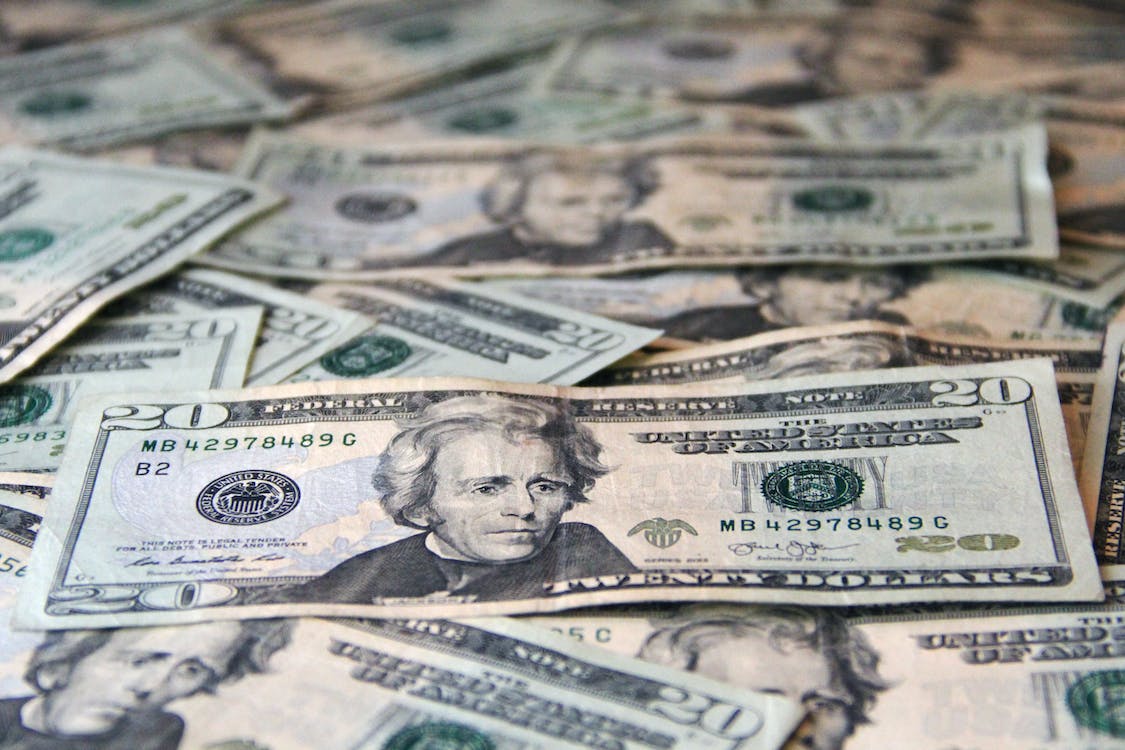Foreign direct investment is viewed as an essential source of income for emerging economies. These external monetary flows contribute to the formation of capital. FDI is a growth-enhancing factor that cannot be denied. In Nigeria, FDI is a driver of economic development. However, its effects may be weaker than some people think.
Generally, the largest share of FDI across the world flows into developed countries. Investors’ interest in stable and predictable systems is understandable. At the same time, emerging economies with high growth potential may bring substantial returns. Just like everything else, Forex Trading 101 can also be understood before diving into this market.
General Effects of FDI
As funds flow into the economy, they can stimulate growth and development in its different segments. It is safe to say that Nigeria sees the same effects as other countries in the region. FDI is favourable for the local economy. Here are the primary results of such investment:
- lower unemployment (creation of new jobs),
- higher productivity (growth of GDP),
- increased exports, and
- faster technological development.
The population has already gained easy access to modern technologies. With FDI, the country may see the introduction of new models of marketing and management. Investment may also stimulate the use of local raw materials.
FDI in Nigeria
Policies introduced in the 1980s were based on the realization that FDI was essential. The Nigerian government came up with some reforms that were both radical and pragmatic. They were aimed at boosting the attractiveness of Nigeria in the eyes of foreign investors. It was necessary to build confidence in the local economy.
These measures resulted in the adoption of more liberal policies. The government accepted market-oriented models that encouraged the participation of the private sector. Many of the bureaucratic obstacles that hampered it were removed.
The policies also stimulated multinational and private investment in different sectors of the economy. Businesses shifted their focus to long-term profitability. Monetary flows were directed into the oil industry, banking, communications, etc. As Nigeria is a major oil exporter, this sphere is crucial for its economic health. Revenues from oil exports form the basis of its budget.
The Nigeria Investment Promotion Commission (NIPC) was established in 1995. It provided investor registration and protection against nationalization and expropriation by the government. A foreign investor was now allowed to establish a registered business with 100% ownership.
The Democratic System
Nigeria saw the enthronement of democracy in 1999. Since then, the government has made efforts to improve the country’s image abroad. To attract foreign investors, it revealed some laws that hindered FDI growth. New investment laws were enacted, and the President took quite a few trips abroad to present the new image of Nigeria.
Recent years have brought technological innovation and improved financial literacy. These factors facilitate Forex investment in the region. Through regulated brokers like ForexTime, residents may trade in the foreign currency market. The country is now second in terms of its daily FX volume. Different methods of Forex investment are now increasingly popular.
How Important Is FDI?
The correlation between FDI and GDP cannot be denied. Still, the effects of investment between 1981-2009 were moderate. The study ‘The Impact of Foreign Direct Investment on the Nigerian Economy’ published in the European Journal of Business and Management supports this view.
The study confirms the existence of a positive relationship between economic growth, or GDP, and direct foreign investment. However, the result is described as ‘statistically insignificant’ possibly due to insufficient size of FDI. The research highlights the importance of domestic investment. According to the study, it also contributed to economic growth over the period.
The research concludes that the Nigerian government should pay closer attention to domestic investment. This will help to propel the economy towards the desired levels of growth. At the same time, it should design new policies to make the country more appealing to foreign investors. This should include better legal protection, improved visa procedures, tax reforms, better land policies, etc.
Conclusion: FDI in Nigeria
Foreign investment has a positive effect on any economy, but its strength may vary. Despite the latest reforms, Nigeria still has a long way to go. Currently, domestic investment plays a bigger role than FDI. The government should take measures that will cater to both local and foreign investors.

